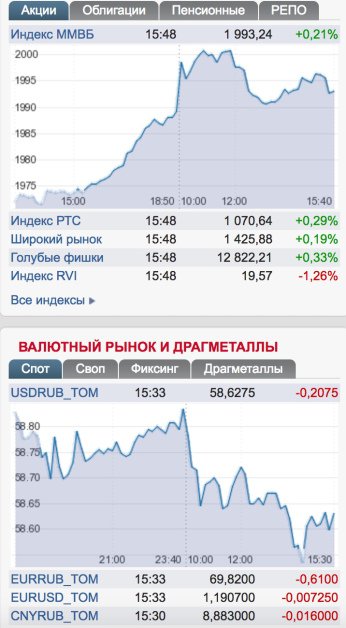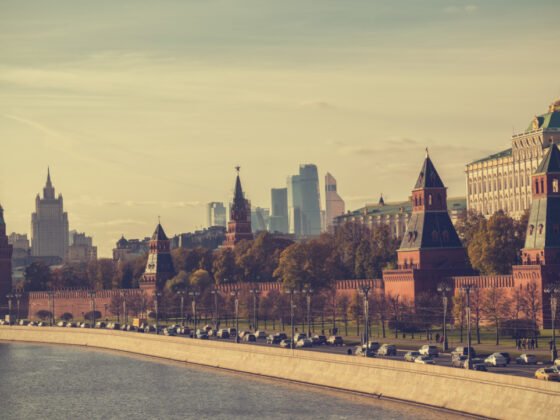(Moscow-on-Thames) This is what Russia’s financial markets did in the aftermath of the announcement that the Government and Central Bank were moving to take over the country’s largest private lender, Otkrytie (see the news in English or Russian.) It is, of course, not what is usually happens in such circumstances: stocks do not usually rise in the aftermath of such news, and currencies usually fall.

The fact that Russian financial markets are doing the opposite of what might have been expected is not a fluke. Russia has been cleaning up its banking sector in a major way for years, and that’s undoubtedly a good thing. But Russia also planted a bomb under the banking sector back in December 2014, when it jacked up interest rates in response to a massive currency collapse. Then, when rates began coming down, the Central Bank encouraged financial institutions to maintain above-market rates for savers in order to keep their balance-sheets stable. This was, most likely, the best stop-gap available at the time, but it was in truth a bailout delayed, not a bailout avoided.
If this were just question of allowing the Finance Ministry and Central Bank — both as professional as they come — to manage Russia’s banking sector in a calm and collected manner, that would be fine. But as I’ve written before, there is more to it than that. What we have been seeing in Russia ever since the economy began to deteriorate has been a shifting of financial power from modernized, independent and entrepreneurial sectors to the state-dominated resource sector. In that respect, the loss of Otkrytie is neither a new phenomenon or even a turning point, but a further reminder of the kind of re-basing that has taken place across the Russian economy over the last few years.
As Russia returns to growth, then, it will do so on a foundation indistinguishable from the state.
See the original post © Moscow-on-Thames blog











